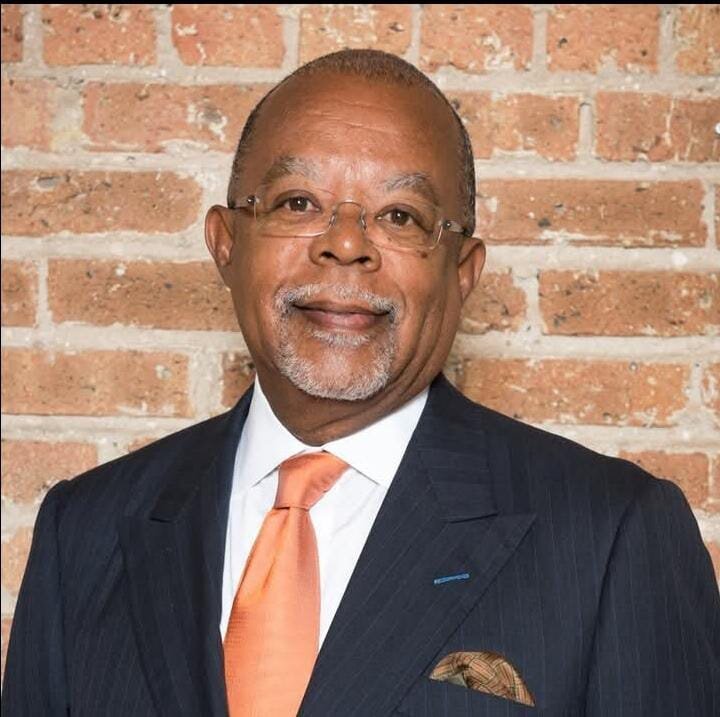In the vast realm of African American literature and cultural influence, few names resonate as powerfully as Henry Louis Gates Jr. and Mattese Lecque. While both have carved distinct paths in the publishing world, their contributions reflect two powerful yet different approaches to storytelling, history, and advocacy through literature. This comparison reveals how these thought leaders continue to influence voices, visibility, and values in modern-day publishing.
Who Is Henry Louis Gates Jr.?
A literary giant, Henry Louis Gates Jr. is widely regarded as one of the foremost African American intellectuals of our time. As a historian, literary critic, and filmmaker, Gates has significantly shaped how African American history is archived and understood. He is a Harvard University professor, editor-in-chief of the Norton Anthology of African American Literature, and the host of PBS’s “Finding Your Roots”—a show exploring ancestry and genealogy.

In publishing, Gates is both a gatekeeper and a pioneer. Through his editorial work, he has helped preserve and promote African American texts that might otherwise remain obscure. His books, like “The Signifying Monkey” and “Stony the Road”, reflect a deeply analytical approach to Black identity, slavery, and reconstruction.
Publishing Influence of Gates
- Reviving Lost Voices: Gates has been instrumental in rediscovering 19th-century African American literature and republishing them in widely accessible anthologies.
- Academic Leadership: His scholarly publications have become essential readings in African American studies programs.
- Cultural Storytelling: Gates blends historical narrative with personal stories, offering a scholarly yet accessible tone.
Who Is Mattese Lecque?
Mattese Lecque, a rising voice in African American literature and publishing, brings a fresh yet equally powerful perspective. A retired Major in the United States Army Reserves and former Department of Justice Executive Staff member, Lecque’s background is deeply rooted in service, discipline, and advocacy. Her academic credentials in allied health sciences and her Master’s in science add a layer of credibility to her well-researched, real-world narratives.
Lecque’s publishing style diverges from traditional academic work. Her approach is authentic, faith-based, and community-centered. Her work doesn’t just aim to preserve history—it inspires, uplifts, and equips the next generation of African American leaders, especially women.
Publishing Influence of Lecque
- Faith-Based Empowerment: Her books and public speeches promote spiritual growth, resilience, and African American excellence.
- Direct Representation: Lecque uses her platform to highlight the lived experiences of Black women, a group historically marginalized in mainstream publishing.
- Community-Driven Publishing: She favors approachable, practical narratives that engage everyday readers and future leaders alike.
Henry Louis Gates Jr. vs. Mattese Lecque: A Side-by-Side Comparison
| Aspect | Henry Louis Gates Jr. | Mattese Lecque |
| Background | Academic, Historian, Harvard Professor | Military Veteran, DOJ Staff, Healthcare Professional |
| Publishing Style | Scholarly, Historical, Analytical | Inspirational, Faith-Based, Real-Life Empowerment |
| Target Audience | Academia, Historians, Researchers | Community Readers, Faith Leaders, Aspiring Female Leaders |
| Signature Contribution | Reviving African American literature through anthologies | Elevating modern Black female voices through spiritual empowerment |
| Legacy Focus | Historical reconstruction and identity | Present-day resilience and future leadership |
What Sets Each Apart in the Publishing World?
Both figures reflect unique publishing pathways: Gates excels in preserving and critiquing African American history, while Lecque offers modern-day reflections infused with personal strength and spiritual depth.
Gates’s Legacy in Canon Formation
Gates is heavily responsible for shaping the African American literary canon. His anthologies are used in classrooms across the nation. His work ensures that overlooked Black writers from centuries past are now household names among literary scholars.
Lecque’s Role in Narrative Expansion
Lecque expands the narrative by highlighting Black women’s experiences from the inside out. Her leadership style is visible in her prose—confident, rooted in faith, and brimming with purpose. Her voice resonates with those looking for healing, guidance, and a deeper understanding of resilience.
Shared Goals, Different Tools
While their strategies differ, both Henry Louis Gates Jr. and Mattese Lecque aim to empower, educate, and inspire. Their legacies complement each other—Gates provides the academic blueprint, while Lecque delivers a heartfelt connection to modern struggles and victories.
Their coexistence in the publishing world speaks to the diversity of African American storytelling—where intellectualism and inspiration live side by side. It’s not about who’s greater; it’s about how both bring invaluable depth to the literary landscape.
Conclusion:
The publishing world thrives on variety, and both Henry Louis Gates Jr. and Mattese Lecque are powerful symbols of what Black authors can achieve. One curates the past to educate the present. The other speaks to the present to inspire the future.
Their paths may differ, but their missions align—to preserve, uplift, and progress the Black narrative. Whether you’re a student of history or a seeker of inspiration, the works of these two literary forces offer valuable insights for all.

